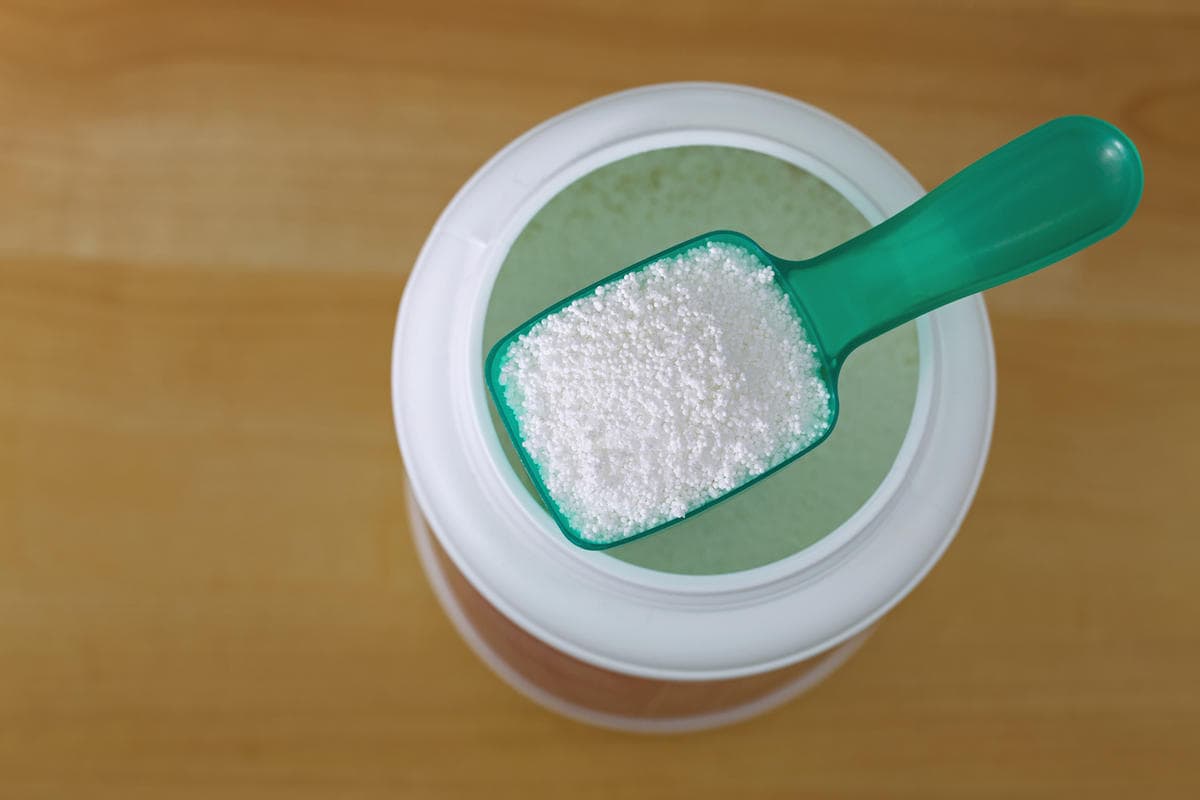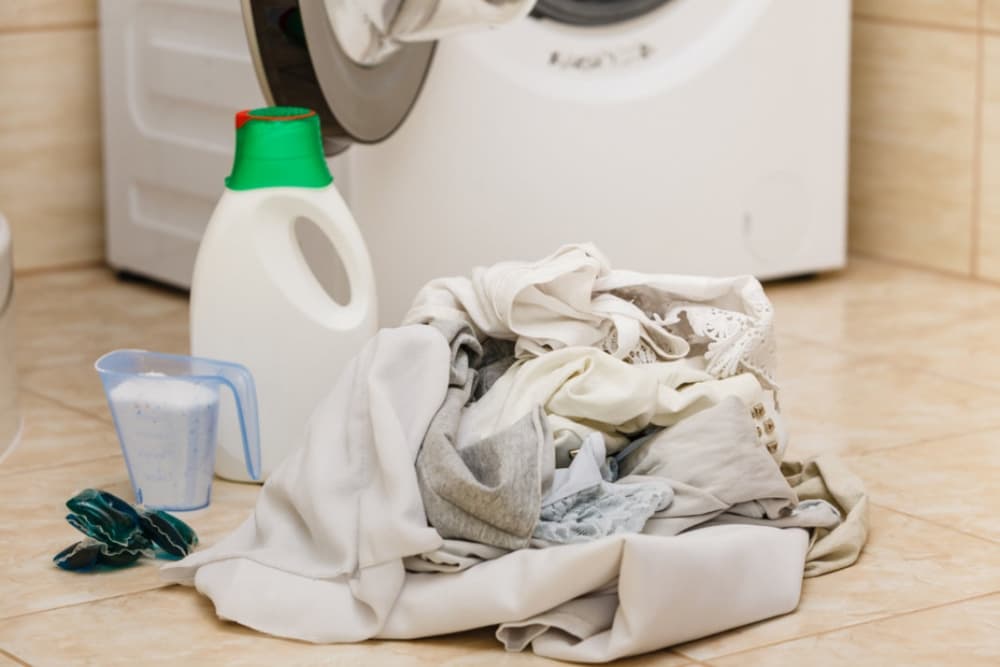buy Talcum Powder Cancer Symptoms+The best price
In this article, we are going to talk about Early Talcum Powder Cancer Symptoms in Dogs, which is very useful for you
talcum powder cancer symptoms
To find out more about the early symptoms of cancer in dogs whether they’re caused by talcum powder or not, keep reading the article
During their lifespan, one out of every four canines will be diagnosed with cancer
Cancer accounts for around half of all fatalities that occur in dogs over the age of ten
Sadly, a malignant tumor in a dog may metastasize far more quickly than it does in humans
Because of this, it is always a race against time, and regrettably, cancer that is identified too late may have a devastating outcome if it is not treated
The following are the most prevalent kinds of canine cancer:
A mammary tumor, often known as cancer of the mammary gland, in women
Carcinoma of the lymph glands
Mast cell tumor (a type of skin cancer)
Cancer of the Bones and Soft Tissues
Cancer of the oral cavity
In addition, a dog has the potential to acquire diseases such as spleen tumors, lung cancer, bone cancer, and so on
In a nutshell, dogs are susceptible to the same forms of cancer as people are
Are there any warning indicators that dogs could have cancer?
Absolutely, there are!
The following is a list of symptoms that MAY indicate cancer
Nevertheless, these symptoms may also point to a wide variety of other disorders
The presence of these symptoms does not always indicate that your dog has cancer
In addition, the indications might be rather variable depending on the sort of cancer a person has, as one would expect
If you see any changes in your dog, it is imperative that you take them to the veterinarian as soon as possible
How is it possible to identify whether or not a dog has cancer?
The following list provides you with indicators that may point to the presence of cancer
If you see any of these symptoms in your dog, please do not delay in getting him or her checked out by a veterinarian, and do not hesitate to do so
The disease may spread extremely rapidly, particularly in dogs that have it
Therefore, I urge you to move immediately!
Do not commit the error that so many people who are middle-aged or older make; that is, do not attribute everything to the natural aging process
The only person who can differentiate between the natural indications of aging and the significant indicators of sickness is the veterinarian
There are 12 symptoms that should prompt you to see the veterinarian immediately:
Bumps on or under the surface of the skin
When you touch your dog, you should always check to see if you can feel any tiny lumps, bumps, blisters, or lumps on or beneath its skin
If you can, you should contact your veterinarian immediately

talcum powder cancer risk
All parts of the body are impacted by this!
A decrease in hunger, a change in weight, or an extraordinary increase in weight
Even though it isn’t always an indication of cancer, a lack of interest in food is concerning for dogs since they don’t stop eating without a good reason
It is concerning if your dog has a sudden loss of weight without a corresponding shift in its food or eating habits
Some cancerous tumors in dogs may change the dog’s metabolism, which can lead to the loss of both fat and muscle mass in the animal
It is also unusual to gain a significant amount of weight very quickly while continuing the same diet
Gums that are pale and several additional alterations in the mouth
Gums that are pale might be an indication of internal blood loss, which is a typical symptom of malignancy
One of the most prevalent forms of cancer that may affect dogs is oral cancer
As a result, you should make it a habit to examine your four-legged companion’s mouth on a frequent basis to see whether there have been any changes
Scents that are not tolerable
If your dog has a foul odor emanating from any of its bodily openings (mouth, nose, ears, or anal region), this might be an indication that they have a tumor
Having trouble breathing or coughing often
Is your dog having a lot of trouble breathing, does it become short of breath easily, or does it start panting at the least hint of exertion?
Or does he have a persistent cough?
These symptoms may point to a respiratory infection, a hint of heart problems, or even a sign of cancer
All three possibilities are possible
Diarrhea that is frequent and lasts for a long time, vomiting blood, and diarrhea that is bloody
Even in this case, it is essential to see the veterinarian
If you have been throwing up blood or having diarrhea that is bloody, you need to go to the veterinarian as soon as possible
Concerns with the output of the bowels
These symptoms include the need to urinate more often, difficulty urinating or defecating, and the presence of blood in the stool or urine
The mouth, nose, or ears are bleeding excessively
Also, this is a significant danger indication that should be IMMEDIATELY sent to the veterinarian
The stamina that is rapidly deteriorating, perhaps to the point of lethargy
When they become older, dogs experience a general slowing down as well as a loss of stamina
On the other hand, if your dog spends most of its time sleeping, does not exhibit any want to be walked, and does not show any interest in playing, then this should be the reason for worry
Wounds that are either open or wounds that won’t heal
Open sores and wounds that heal extremely slowly or not at all might be an indication not just of a benign skin condition but also of malignancy
Experiencing discomfort while moving or touching
Typical symptoms of osteoarthritis in senior dogs include lameness, a stiff stride, and a decreased ability to do certain activities, such as jumping on the couch
On the other hand, there is a chance that the individual may get bone cancer

talcum powder cancer reddit
Your dog is most likely in discomfort if he whimpers or whines when you touch him or attempt to pick him up
Their reason has to be investigated further
Alterations in conduct
Is your dog becoming less attached to you despite the fact that he has always been very needy? Or is he becoming more and more aggressive, to the point that he may potentially be snapping and biting? Does he turn his back on the hugs and kisses he used to adore? Alterations in behavior, such as these and others, may be an indicator that your dog is not just highly uncomfortable but may even be in serious pain
Any one of these signs MAY point to the presence of cancer or a tumor in your dog
However, it is NOT required of you!
Please do not worry; the reasons for the symptoms that have been given are, in many instances, far less dangerous than cancer
It sounds quite terrifying, and particularly with our senior dogs, one or more of these symptoms will almost certainly be present at some point
Consequently, if you see anything that raises your suspicions, make an appointment with the veterinarian as soon as you can
Is it possible that people might have cancer without any warning at all?
Unfortunately, the answer is yes; there are certain instances in which there are no blatant warning signs
There have been no discernible changes in conduct, nor have there been any additional signs
In these kinds of situations, cancer does not become evident until it has progressed to a highly advanced stage
Is it possible to protect dogs from getting cancer?
Due to the fact that the origins of the majority of cancers are unknown, it is often impossible to protect dogs from developing cancerous tumors
On the other hand, there are a few precautions that one may take to lessen the likelihood of developing cancer:
Visits to the veterinarian on a regular basis, even if the dog seems to be in good health
When cancer is identified at an earlier stage, treatment choices tend to be more favorable
Oral cancer may be avoided by the maintenance of healthy oral hygiene practices
When your dog is around, you should avoid smoking in confined settings
Pay careful attention to the use of high-quality feed that does not include any chemical additions
Regularly check your dog for any changes that may be occurring under the skin
Your dog has cancer; what should you do now?
In the event that the test at the animal hospital revealed that your dog does, in fact, have cancer, the question that immediately arises is, “What happens now?”
It goes without saying that you want the very finest treatment for your dog
Unfortunately, there is no silver bullet when it comes to fighting cancer, neither in people and not in dogs

talcum powder cancer babies
There are essentially three therapy options, but they are often combined:
The surgical procedure is followed by chemotherapy, then radiation
Which of these options makes the most sense for your dog relies on a wide variety of various circumstances, such as the kind of cancer, the stage of the illness, and the dog’s basic make-up? More information can only be provided by your animal doctor
If you get the impression that your regular veterinarian is struggling to keep up with the treatment of cancer, then you should not be afraid to send your dog to a veterinary oncologist
Is It Certain That Your Dog Will Pass Away After Receiving a Cancer Diagnosis?
The answer to the question is often “NO!” There are several cancer forms that are treatable and even cured with the use of surgical procedures
When it comes to this situation, it is of course of the utmost importance that the tumor is found in a timely manner before the cancer cells begin to spread
Nevertheless, one must never minimize the seriousness of this illness
There are certain situations in which treatment options are exhausted, such as when the disease has spread to other organs or when surgery is no longer possible
After this point, the possibility of a full recovery is often no longer provided
When this occurs, the dog often has a shorter expected lifespan
Your four-legged buddy may generally still have a life worth living for a set length of time with the help of the proper medicine, and you can prepare yourself for the inevitable moment when you will have to say goodbye to your dog
Conclusion:
Cancer manifests itself in a variety of ways, including in dogs
You now have a better understanding of how varied the symptoms may be
As a result, you should see the veterinarian at the first sign of even the smallest concern
In the vast majority of instances, he will be able to give the go-ahead for it!





